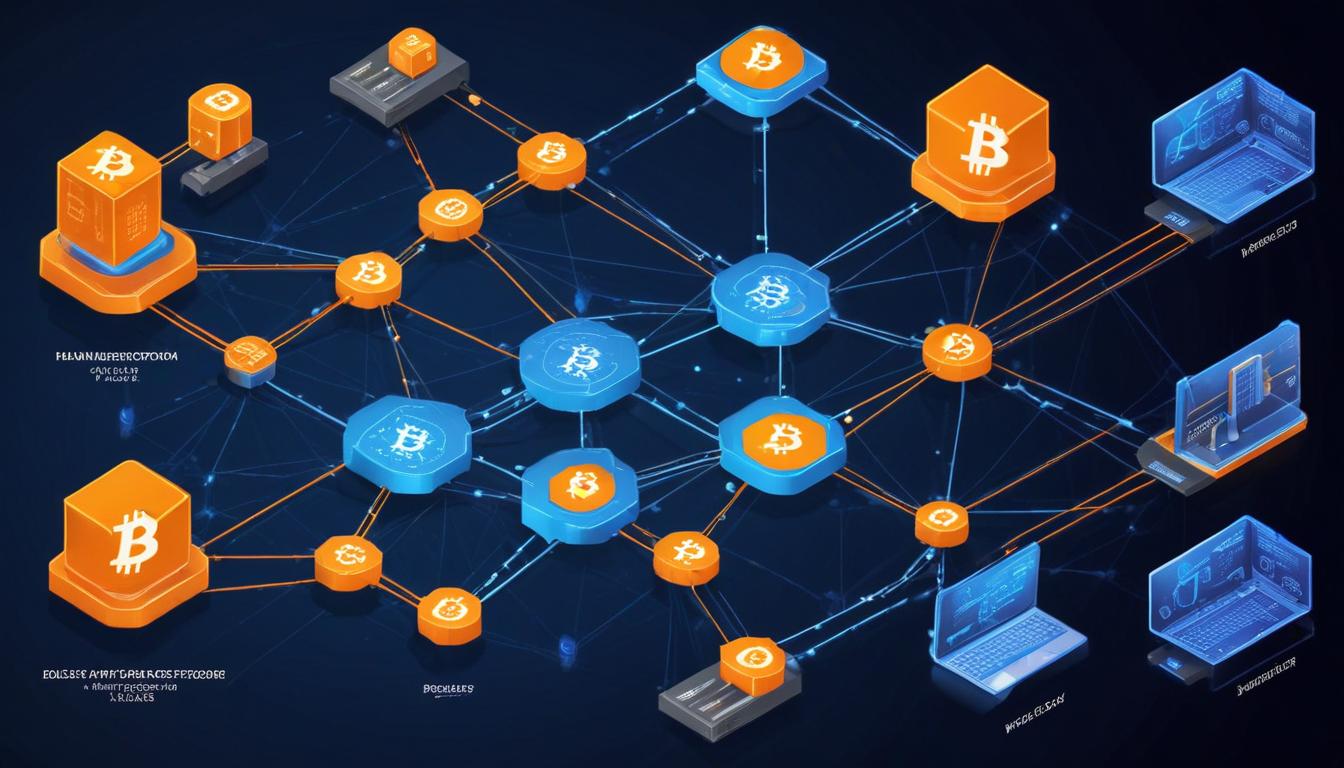The reliability and security of Bitcoin wallet implementations represent critical components in the broader cryptocurrency ecosystem. This analysis explores the technical intricacies of wallet synchronization, transaction propagation, and the importance of running self-hosted nodes for sovereign Bitcoin custody.
Network synchronization between Bitcoin nodes and wallet software presents unique technical challenges that directly impact user experience and security. When running a full node connected to wallet software, several critical factors influence transaction detection and confirmation visibility, including network latency, block propagation, and proper implementation of the Bitcoin peer-to-peer protocol.
One of the most fundamental aspects of Bitcoin wallet security is the ability to independently verify transactions through self-hosted infrastructure. Running a personal full node connected to wallet software enables users to validate transactions without trusting third-party servers. This setup requires careful configuration of both the node software and wallet implementation to ensure proper communication and synchronization.
The relationship between different wallet implementations and node software can introduce complexities in transaction detection and confirmation. Hardware wallets, software wallets, and node implementations must all properly implement the Bitcoin protocol specifications to maintain consistency. Variations in implementation details can sometimes lead to temporary discrepancies in transaction visibility across different software.
Transaction propagation through the Bitcoin network follows specific technical patterns that affect confirmation visibility. When a transaction is broadcast, it first enters the mempool of nodes that receive it. The speed at which different nodes receive and propagate transactions can vary based on network conditions, leading to temporary inconsistencies in transaction visibility across different wallet implementations.
Block propagation represents another critical factor in transaction confirmation visibility. When a new block is mined, it must propagate through the network before all nodes become aware of the included transactions. This process can introduce delays between when a transaction is confirmed and when different wallet implementations display the confirmation.
Proper node configuration plays an essential role in maintaining reliable wallet synchronization. Network connectivity, peer connections, and proper firewall configuration all impact how quickly a node receives new transactions and blocks. Users running personal nodes must ensure their setup meets the technical requirements for reliable operation.
The security implications of wallet synchronization extend beyond mere transaction visibility. Proper verification of incoming transactions requires careful validation against the blockchain state. Wallet software must implement robust verification mechanisms to protect against various attack vectors while maintaining usability.
Looking toward the future, ongoing developments in Bitcoin protocol improvements and wallet implementations continue to enhance synchronization reliability and security. Projects focused on improving block propagation, transaction relay, and node performance contribute to a more robust ecosystem for Bitcoin custody solutions.
For users prioritizing sovereignty and security in their Bitcoin holdings, understanding these technical considerations remains crucial. Running properly configured personal infrastructure provides the highest level of security and reliability, though it requires careful attention to implementation details and ongoing maintenance.
The broader implications for Bitcoin’s continued development emphasize the importance of robust wallet implementations and node software. As the network grows, maintaining reliable synchronization while preserving decentralization and security represents an ongoing challenge for the technical community to address.



